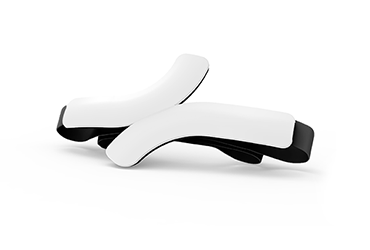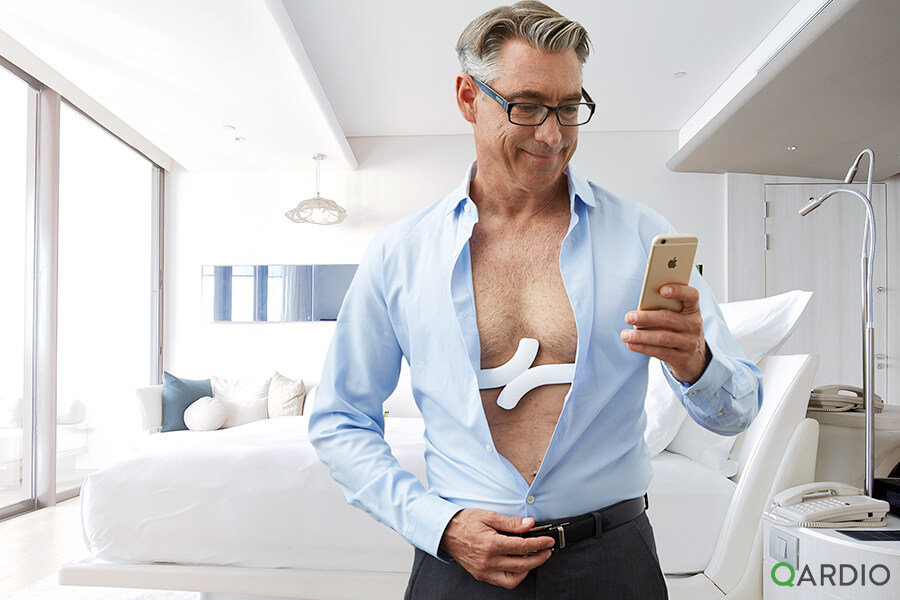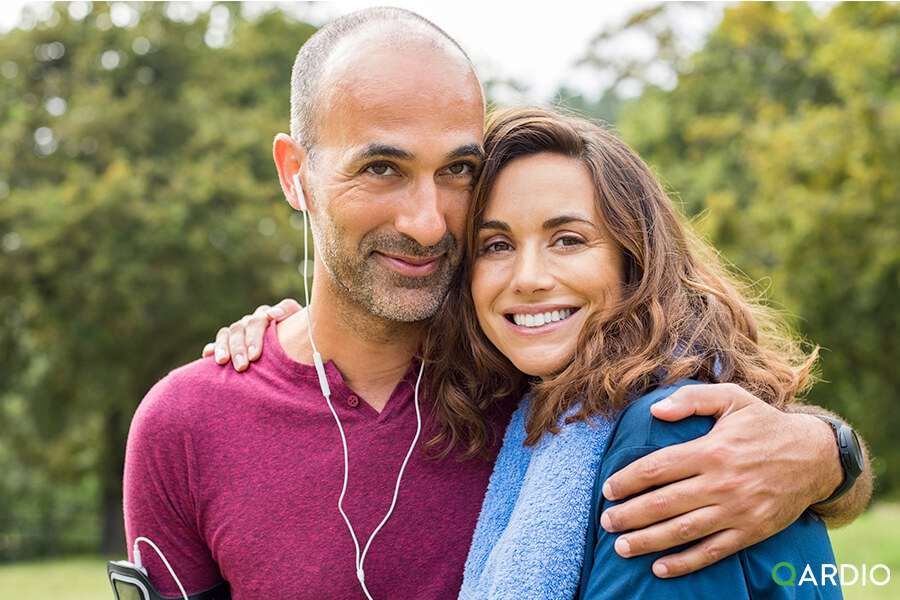Heart palpitations are a temporary sensation of heart beats that are suddenly more noticeable, and feel like your heart is beating too hard or too fast, fluttering or skipping. An unusual sensation can be felt in the chest but also in the throat or neck. This is usually temporarily and goes away on its own. Although palpitations aren’t harmful, they shouldn’t be ignored as they could potentially be the manifestation of a heart arrhythmia.
To learn more about heart arrhythmias, check our article ”Let’s talk about (abnormal) heart rhythm.”
What causes heart palpitations?
There are several reasons, apart from a heart problem such as arrhythmia, why your heart might suddenly flutter or start racing. Panic, fear or anxiety can get your heart beating in your chest due to increased stress levels in your body. Some might respond this way to strenuous exercise, excessive caffeine intake or sudden low blood sugar – there are many triggers that might get your heart off the beat.
Are palpitations dangerous?
In most cases palpitations are not dangerous and actually rather common, especially if they are caused by lifestyle triggers such as excessive exercise, caffeine intake or lack of sleep. But if you are experiencing other symptoms such as chest pain, dizziness or difficulties with breathing, you should seek medical attention.
When are palpitations serious?
Apart from lifestyle and emotional based triggers, where palpitations usually go away on their own, there are situations when experiencing palpitations might be a signal of deeper heart problems such as heart failure, congenital heart disease or a problem with the heart valve, muscle or wall. These conditions can be serious and often require treatment.
How to stop palpitations?
Most palpitations are not dangerous and normally stop on their own but there is also a few exercises you can try to stop them yourself. The important thing to succeed is to recognize the trigger and apply the appropriate technique accordingly. So if you are experience a fluttering heart due to stress or other emotional imbalances, relaxation is the best way to calm down your racing heart. Try drinking a glass of water, as palpitations can be caused by dehydration, and avoid stimulants such as coffee or smoking as these are common culprits.
Keep track of your palpitations and try to uncover the underlying cause
Pay attention when you are experiencing heart palpitations and try to avoid foods, activities and situations that are potential triggers. You should inform your doctor about your palpitations – he might recommend a test to check your heart health. If you have an arrhythmia and would like to monitor your heart health easily, QardioCore is an innovative ECG/EKG monitor that continuously tracks your heart performance without the need for patches or wires.
Sources:
Mayo Clinic




